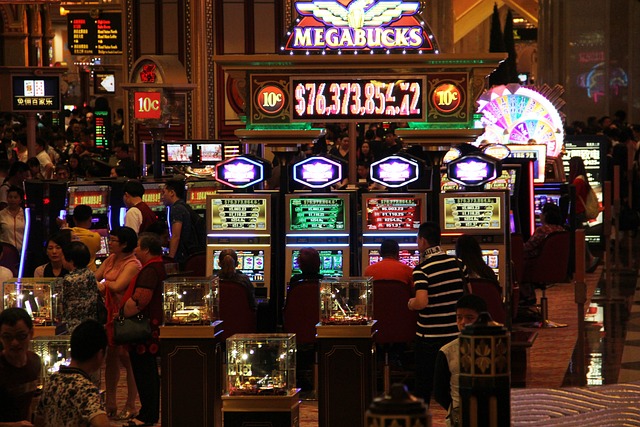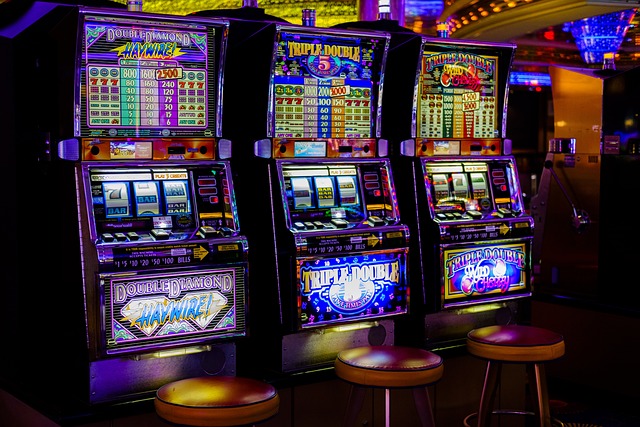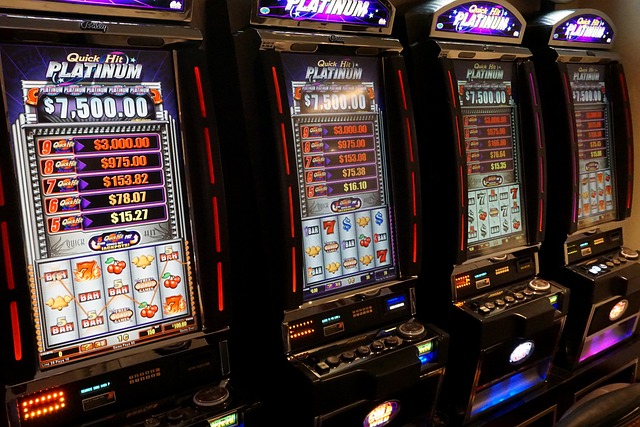Slot machines are fun, fast-paced, and widely accessible, but if you don’t match your choice of game with your budget, your session might end quicker than expected. With thousands of slot titles available both online and in physical casinos, each one comes with its own cost structure and risk profile. To get the most enjoyment from your gambling experience—and to avoid blowing your funds too quickly—you need to choose slots strategically. Whether you’re a casual player with a small bankroll or someone looking for long sessions with high potential payouts, the key lies in understanding volatility, RTP, minimum bets, and how all these factors fit your financial plan. Choosing wisely allows you to extend your playtime and gives you the best chance of walking away satisfied—or even with winnings in hand.
Understanding Slot Volatility
One of the first things to consider when selecting a slot is its volatility. This term refers to how often and how much a slot pays out. Low-volatility slots tend to pay smaller amounts frequently, which is ideal for players with limited budgets who want to play longer and enjoy a steady stream of wins. High-volatility slots, on the other hand, may go many spins without a payout but offer the chance of hitting larger jackpots. These are more suited to players with bigger budgets who can handle longer dry spells. Medium volatility strikes a balance between the two. Understanding this dynamic helps you pick a game that fits how much you’re willing to risk and how long you want your session to last.
Checking the RTP Percentage

The Return to Player (RTP) percentage is another crucial metric that can guide your choice. RTP tells you how much of the wagered money a slot returns to players over the long term. For example, a slot with a 96% RTP is expected to return $96 for every $100 wagered. While RTP doesn’t guarantee short-term outcomes, it does offer insight into a game’s fairness and long-term value. Games with higher RTPs are generally better for players concerned about stretching their bankroll. Many online casinos list the RTP of each game in the information tab, so always take a moment to check before you spin. Choosing games with RTPs of 95% or higher can significantly improve your odds over time.
Bankroll Size and Bet Range
A key factor in choosing the right slot is how well its bet range aligns with your bankroll. If you have a small budget, it’s wise to avoid high minimum bets or progressive jackpots that require maximum bets to qualify for top prizes. Instead, look for slots with flexible wagering options that let you adjust coin size and the number of paylines. If you plan to spend $50 and want to play for at least an hour, you’ll need a game that allows small bets—like $0.10 to $0.25 per spin. Meanwhile, if your budget is more robust, you might explore higher-stake games that offer larger rewards. In every case, knowing how much you can afford to lose is essential, and the slot you choose should reflect that limit.
Evaluating Bonus Features

While flashy bonus features can be exciting, they often require higher wagers to activate or fully benefit from them. Some slots offer free spins, wilds, multipliers, or mini-games that can boost your winnings, but these extras can also consume your budget quickly if not managed carefully. For smaller budgets, simpler games without expensive bonus rounds might offer better value and consistency. That said, if you have more funds to play with, these features can provide entertainment and increase your payout potential. Always read the game rules to understand how and when bonuses trigger. Opting for slots where features activate during base gameplay without massive additional stakes can help you stay within your budget.
Set Limits and Stick to Them
No matter which slot you choose, the most important strategy is having clear limits. Decide beforehand how much money and time you’re willing to spend and stick to that decision, regardless of whether you’re winning or losing. Slot games are designed to be engaging and sometimes addictive, which makes it easy to overspend without realizing. Use tools like deposit caps or session timers if you’re playing online. A good budgeted game plan, combined with picking the right type of slot, helps you avoid unnecessary losses and makes your gaming experience more enjoyable. Responsible play is not just about how much you bet—it’s also about making thoughtful choices every step of the way.
